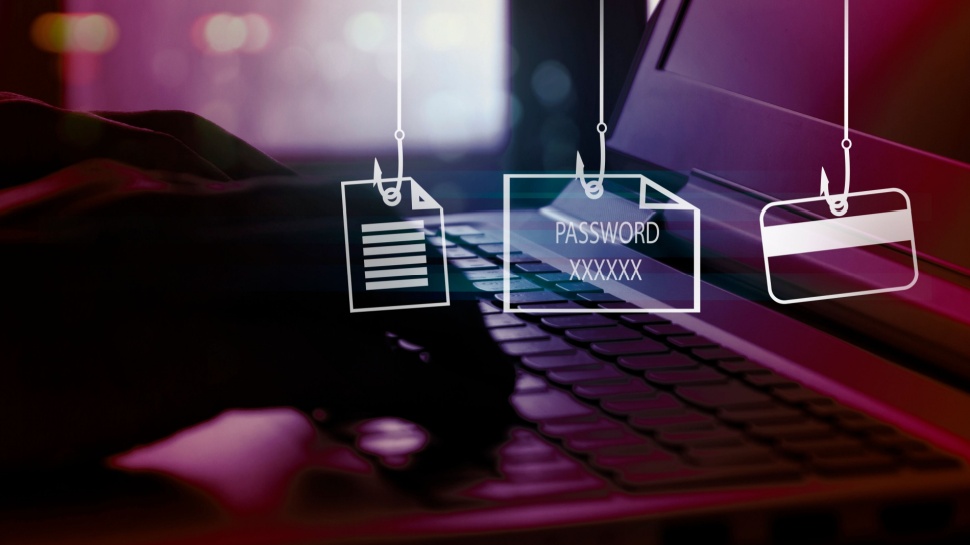Businesses are being hit with more mobile phishing than ever before
Mobile phishing now makes up the majority of all phishing sites

Hackers are now mostly focusing new phishing attacks against mobile devices, which are generally weaker and more often unmanaged compared to laptops or desktop PCs, experts have warned.
The new “2024 Global Mobile Threat Report” from Zimperium claims 82% of phishing sites today target mobile devices, and as they start adopting a mobile-first strategy on a grander scale, the hackers leverage multiple techniques to make their way into enterprise systems.
What’s more, three-quarters (76%) of phishing sites aimed at large enterprises are using HTTPS, a secure communications protocol which increases the perceived legitimacy of malicious websites, and makes victims lower their guard. Furthermore, since the screen real estate on mobile devices is smaller, victims are less likely to spot security indicators, such as the URL bar.
Moving quickly
Speaking of boosting perceived legitimacy, in late March 2024, researchers at Netcraft spotted a unique phishing-as-a-service tool called Darcula.
This tool allows crooks to send messages using the Rich Communication Services (RCS) protocol for Google Messages and iMessage, rather than the usual Short Message System (SMS). This improves the sense of legitimacy, and makes the messages impossible to intercept or block based solely on the contents (since the messages are end-to-end encrypted).
For hackers interested in phishing on mobile (or “mishing”, as Zimperium calls it), they know that time is of the essence. Almost immediately after creating a phishing site, it becomes operable. A quarter is up and running less than 24 hours after being created, it was said.
Shridhar Mittal, Chief Executive Officer at Zimperium, warned the only logical solution is to adopt a multi-layered security strategy, including mobile threat defense and mobile app vetting.
Are you a pro? Subscribe to our newsletter
Sign up to the TechRadar Pro newsletter to get all the top news, opinion, features and guidance your business needs to succeed!
More from TechRadar Pro
- This new phishing attack targets iPhone and Android alike via RCS
- Here's a list of the best firewalls around today
- These are the best endpoint security tools right now
Sead is a seasoned freelance journalist based in Sarajevo, Bosnia and Herzegovina. He writes about IT (cloud, IoT, 5G, VPN) and cybersecurity (ransomware, data breaches, laws and regulations). In his career, spanning more than a decade, he’s written for numerous media outlets, including Al Jazeera Balkans. He’s also held several modules on content writing for Represent Communications.